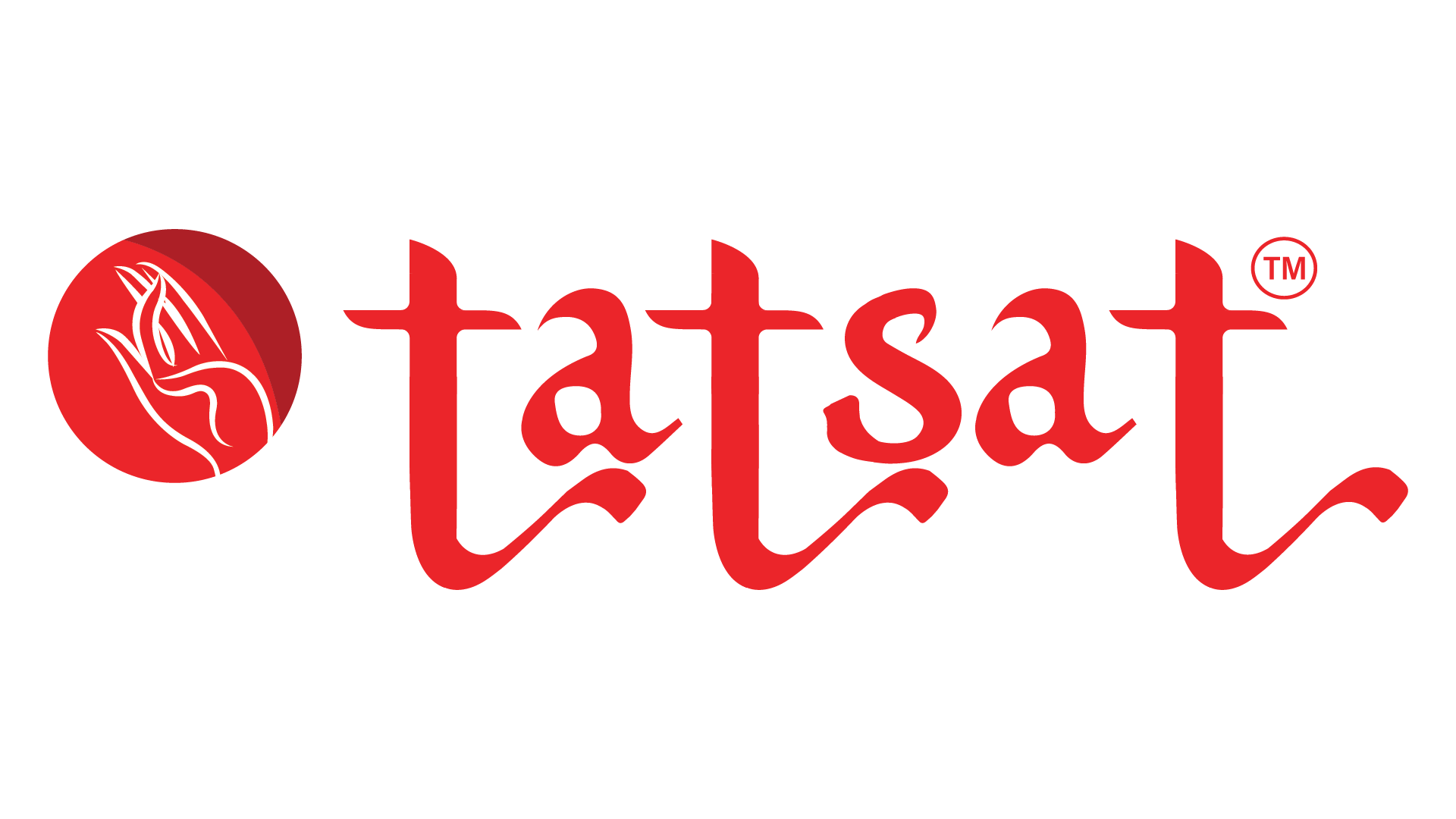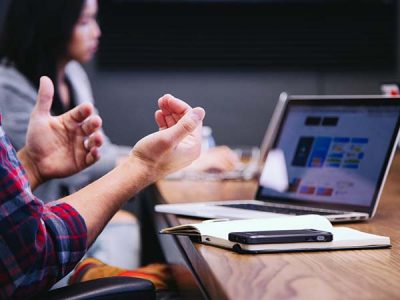TOGETHER WE CAN SAVE EVERY DROP OF WATER
World Water Day is celebrated around the world each year on March 22. The theme UN selected for 2019 is “Leaving no one behind”. It encourages people to consider marginalised groups as these are often overlooked and discriminated against, when they try to access safe water.
A new report by global non-profit organisation, WaterAid, released on World Water Day says that India tops the list of countries with the most number of people living with water scarcity during at least one part of the year, and is facing the worst water crisis in its history. The report, Beneath the Surface: The State of the World’s Water 2019, says that around 600 million people live in areas of high to extreme water stress in India.
The world’s water crisis is getting worse, yet globally we use six times as much water today as we did 100 years ago, driven by population growth and changes in diets and consumer habits. Ballooning consumer demands jeopardise water access for the poorest and marginalised people. Making thoughtful choices as consumers can help ensure access to water for basic needs is prioritised – wherever you are in the world.
The focus therefore shifts to the consumer. Today, we never think about the value of water. We listen to speeches, read articles, watch videos about saving water, but yet… All of this fails to change us or change our mindset. We forget over and again, and waste water continuously in our day to day routine mindlessly. Do we realise how much water we are wasting while washing vehicles? Or simply while brushing our teeth?
Why are we not ready to save water? Why do we never think that it is a serious problem? Why don’t we think that the water we are wasting, may be someone’s need? Why do we always think that it is the government’s responsibility, not ours? Why are we careless about it? Let’s discuss this. We all know that water is ESSENTIAL for LIFE. Water is one of the most important elements for health. It helps to digest and absorb vitamins and minerals from food. It also helps to supply oxygen in our body.
Rain is the natural water cycle between the earth and the atmosphere. Rainwater washes the dust in the air, making it fresh and clean, that is vital for health. The use of water as hydropower is vital for developing nations looking for alternative power sources.
Apart from drinking to survive, people have other basic uses of water, like cooking, cleaning, washing, pets and animal life, recreation pools and ponds, gardens and parks etc, and so on.
According to an India Today report, a large percentage of GDP in India is dependent on agriculture. As per World Bank data, 35 percent of India’s agricultural land is irrigated. Nearly 65 percent of farming depends totally on rain, but distribution of rainfall in our country is highly variable. Over 70 percent of annual rainfall takes place during the three months of the monsoon season, therefore, we only utilise less than 30 percent of the rainwater.
An IIT-Indore study, reported in Down To Earth, states that human activities like deforestation, urbanisation and conservation measures are taking away the resilience of natural water systems. This means that catchment areas are no longer proof against climate change and the droughts induced by it.
We have to stop the mindless wasting of water and should save it judiciously for nature. We should use water as per our need only. We should not throw water here and there for fun. If we come together on this, we can find many ways to save water that is so essential for us, the coming generations and the environment. Make a start and think before you waste even a drop of the precious liquid ‘water’; instead LET’S SAVE EVERY DROP OF WATER.



